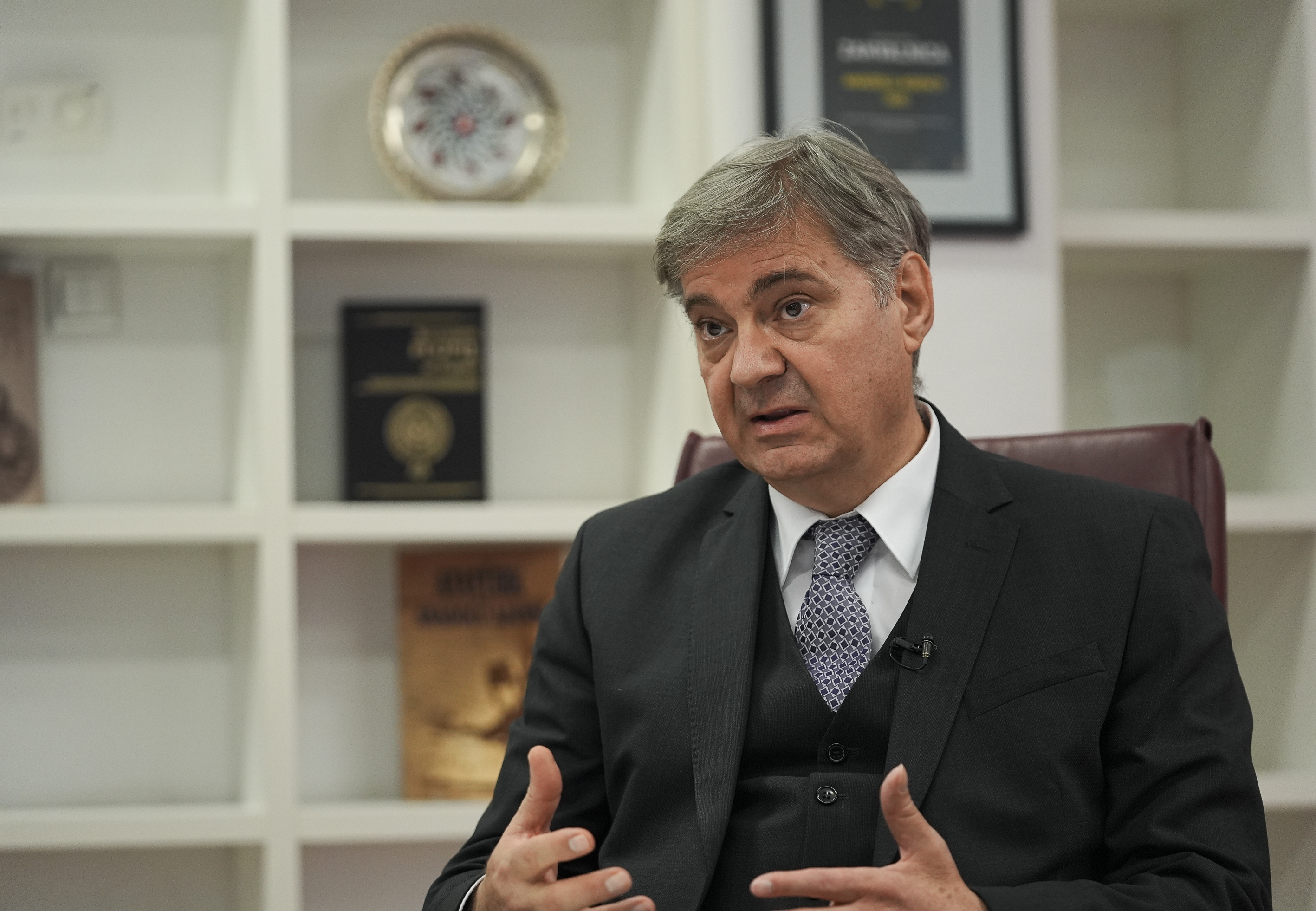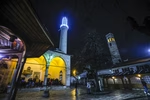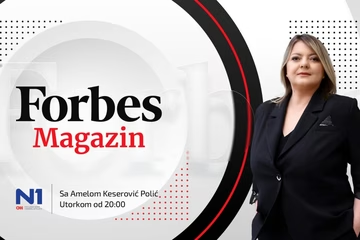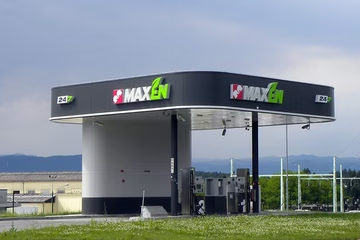Parliamentary role critical in Bosnia's EU and NATO integration, says Zvizdic

Denis Zvizdic, Speaker of the House of Representatives of Bosnia and Herzegovina’s Parliamentary Assembly, emphasized the crucial role of parliament in advancing EU and NATO integration during an interview with Anadolu Agency.
“Parliament’s role must be dominant in such significant processes as Euro-Atlantic integration and adopting EU legal frameworks,” Zvizdic stated, adding that the task ahead involves passing thousands of laws to achieve full EU membership.
Political challenges
Zvizdic acknowledged delays in progress, attributing them to differing commitments among political parties.
“Some parties, including the Troika coalition, are genuinely committed to the EU and NATO path. Others, particularly from Republika Srpska, treat European integration selectively, accepting what suits them and rejecting the rest. This is incompatible with the EU integration process,” he explained.
He also criticized political influence on parliamentary members, saying many prioritize party interests over the common good. “Most representatives think like party leaders, rather than focusing on citizens’ needs,” he said.
Optimism amidst challenges
Despite obstacles, Zvizdic remains cautiously optimistic:
“There is no alternative to EU integration. Geographically, politically, and historically, we belong to Europe. It’s only logical that we become an EU and NATO member state,” he stated.
Addressing structural and economic issues
Zvizdic called for urgency in adopting the Growth Plan for Bosnia and Herzegovina, which could unlock EUR70 million in immediate funding and up to 2 billion KM in long-term investments.
“This funding is essential for infrastructure development and economic growth. BIH, especially Republika Srpska, cannot afford to miss this opportunity due to severe economic challenges,” he added.
He also highlighted the need to depoliticize technical projects such as the Southern Gas Interconnection.
“This isn’t about politics. The gas comes from the U.S., not Croatia, and its benefits for citizens and industries must be prioritized,” Zvizdic explained.
Legislative and budgetary hurdles
Zvizdic noted delays in adopting key laws and finalizing the state budget.
“The 2025 budget will likely be finalized in the first quarter of next year. Increased funding is needed for defense, police, and essential state institutions to meet upcoming challenges,” he said.
He criticized the slow pace of appointing leadership in key agencies, attributing it to a lack of political will.
“Fictional ideas of greater autonomy for Republika Srpska create obstacles to functional governance,” he asserted.
Regional collaboration
Zvizdic praised the potential of inter-parliamentary cooperation with neighboring countries that have undergone EU accession.
“Their experiences are invaluable. Cooperation between parliamentary committees can drive cultural, economic, and technical projects that benefit the region,” he noted.
However, he acknowledged difficulties in working with leaders who deny historical facts or glorify war criminals. “Overcoming such differences requires continuous dialogue and a focus on shared interests,” he concluded.
Kakvo je tvoje mišljenje o ovome?
Učestvuj u diskusiji ili pročitaj komentare





 Srbija
Srbija
 Hrvatska
Hrvatska
 Slovenija
Slovenija



























































